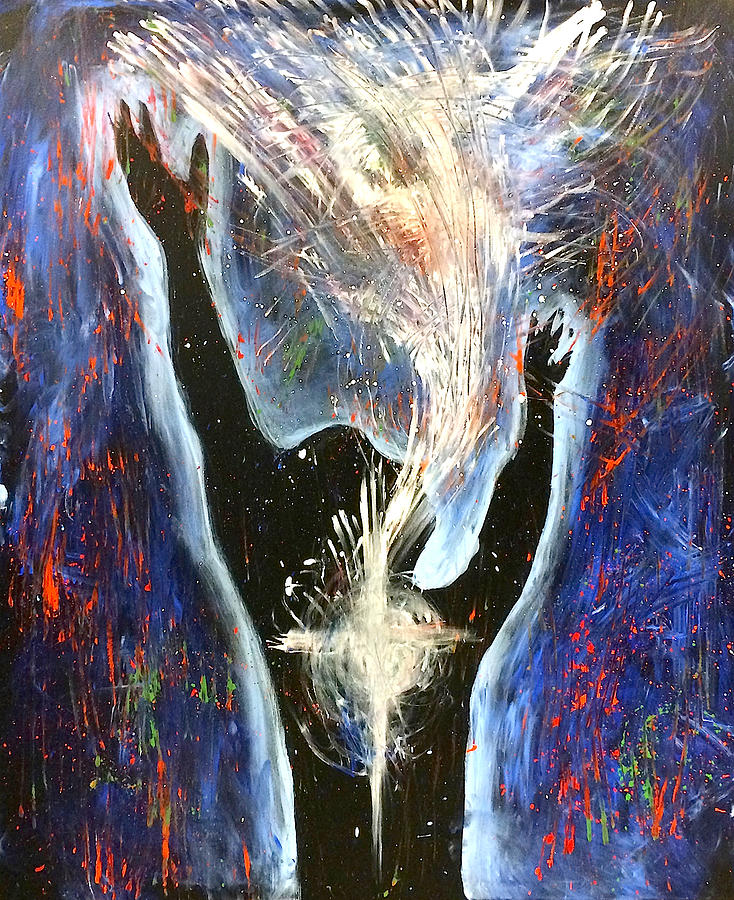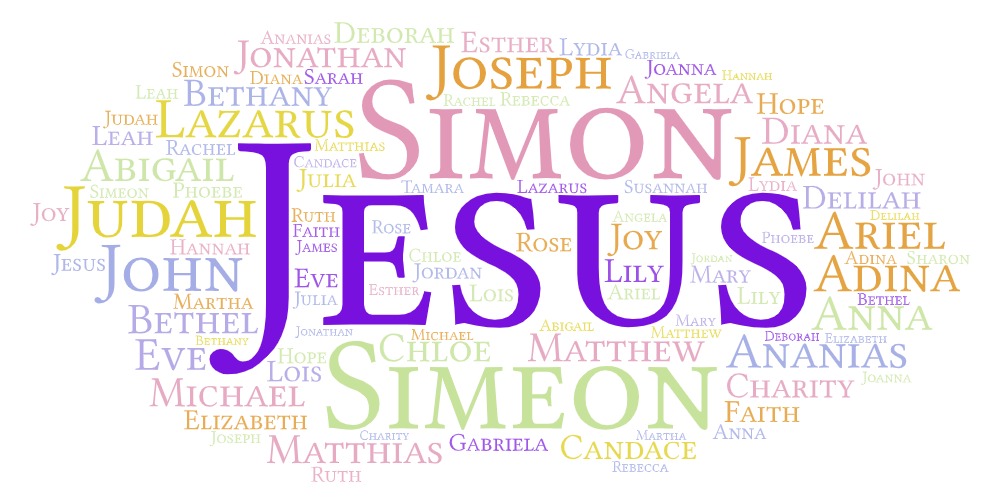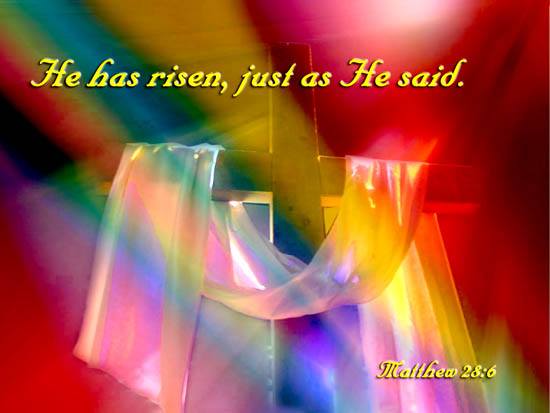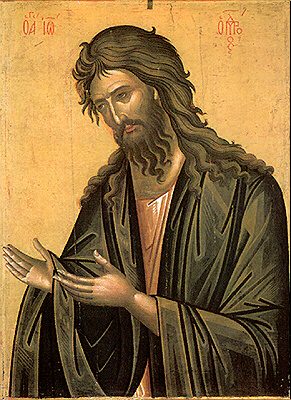
Talk given on Easter 5 based on John 14:1-14
May I speak and may you hear through the Grace of our Lord; Father, Son and Holy Spirit. Amen.
‘Do not let your hearts be troubled. Believe in God, believe also in me’.
We are being taken back to the Last Supper with Jesus still very much alive in the flesh. He has washed his disciples’ feet, foretold his betrayal and revealed it to be Judas Iscariot now in the thralls of Satan, given the remaining disciples a new commandment to love one another and foretold Peter’s denial of ever knowing him, but with a hint that eventually all will be well.
No wonder their hearts are troubled, events are moving so quickly and their emotions are about to be tested to the limit…and they don’t have the gift of hindsight. However, we do.
He tells them that he is going on ahead of them to prepare a place for them all be together again, and that they already know this place. This can be one of the most comforting and hope filled passages that is regularly used in funeral services.
Even so, I’ve often been puzzled, imagining what sort of place it would be. ‘In my Father’s house there are many dwelling-places’. The original Greek word μοναί (monai) in the Kings James Bible was translated as mansion meaning dwelling place, from mansio, not as in modern usage a manor-house or palace. But μοναί literally means places to stay, to abide, to dwell, i.e. the rooms within a house.
But do our minds conjure up those pale pink sun-soaked Moorish Mediterranean palaces or the stark white of the infinite Matrix rooms? Or perhaps a replica of our favourite cosy living rooms? Perhaps we’re being too earthbound in our imaginations.
The fact is, unlike the disciples at that point, we do know the way to go; through Jesus himself, ‘ the way, the truth and the life.’ But are we like Thomas and Philip, still in the dark about what is happening? I would say we are – to a greater extent – unsure as to what the literal and physical outcome will actually turn out to be and I can live with that. It’s more about what it means for us here and now.
In fact it might not just be about a physical dwelling but an in-dwelling. Jesus will soon be ascending back to the Father and as yet unknown to the disciples, Pentecost looms, when each will be filled with the Holy Spirit and also those who believe in Jesus.
Immediately after our passage today, Jesus reveals that the Father will send the Holy Spirit ‘in my name’, who will be known to you because he abides in you (another form of the verb meno – to dwell or remain in) and suddenly the close interpersonal relationship of the Holy Trinity suddenly becomes a little clearer.
I say clearer, but as always for John it does become highly metaphorical and he uses the verb meno in many of its forms to mean a spiritual abiding. Perhaps we can think of it like this – if something or someone abides in someone, then that person is motivated by what abides in them and are dependent upon it or them. God the Father is spirit and invisible, yet he has shown himself in various ways, his most authentic presence of himself being in Jesus. ‘If you know me, you will know my Father also. From now on you do know him and have seen him.’
We also know that Jesus is his own human person, the son of God; and he is on the same page as the Father in all things, having the same nature of love and outgoing concern, not inward focused and prideful, and he has his own will.
However, all of Jesus’ provisions and needs are from the Father. ‘The words that I say to you I do not speak on my own; but the Father who dwells in me does his works’. But as John revealed at the very opening of his gospel, Jesus IS the very WORD, the intent, the purpose, the reason, the wisdom of God in the form of flesh.
Providing His spirit at Jesus’ baptism, filling him with this essential connection with the Father, gave Jesus the words, the attitude, the wisdom, the miracles and through consistent prayer, the will to accomplish his mission to get to the cross.
‘Very truly, I tell you, the one who believes in me will also do the works that I do and, in fact, will do greater works than these, because I am going to the Father’ and ‘If in my name you ask me for anything, I will do it’. This is Jesus offering us exactly the same encouragement, support and ability through the provision of the Holy Spirit, as we try to continue his works here on earth.
All comes from God for us, just as it did for Jesus. Jesus had the Father dwelling in him – just as he and God dwell in us through God’s Spirit. We simply have to choose to accept his presence in us and allow our nature to be aligned with His.
Then and only then will we know the way to go
Amen















